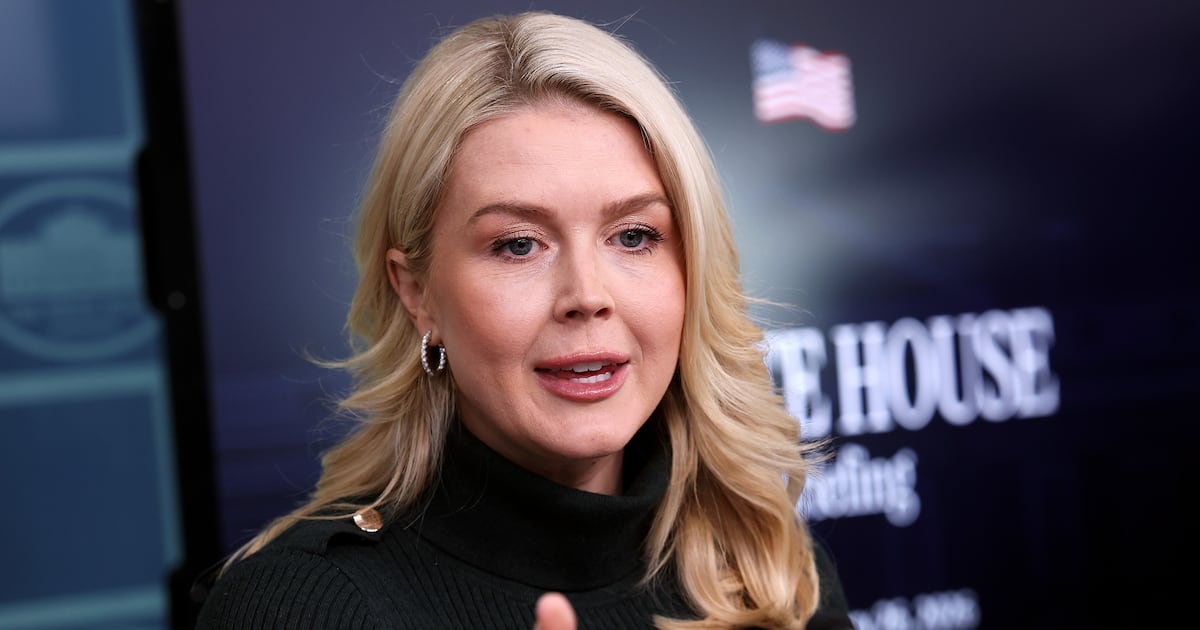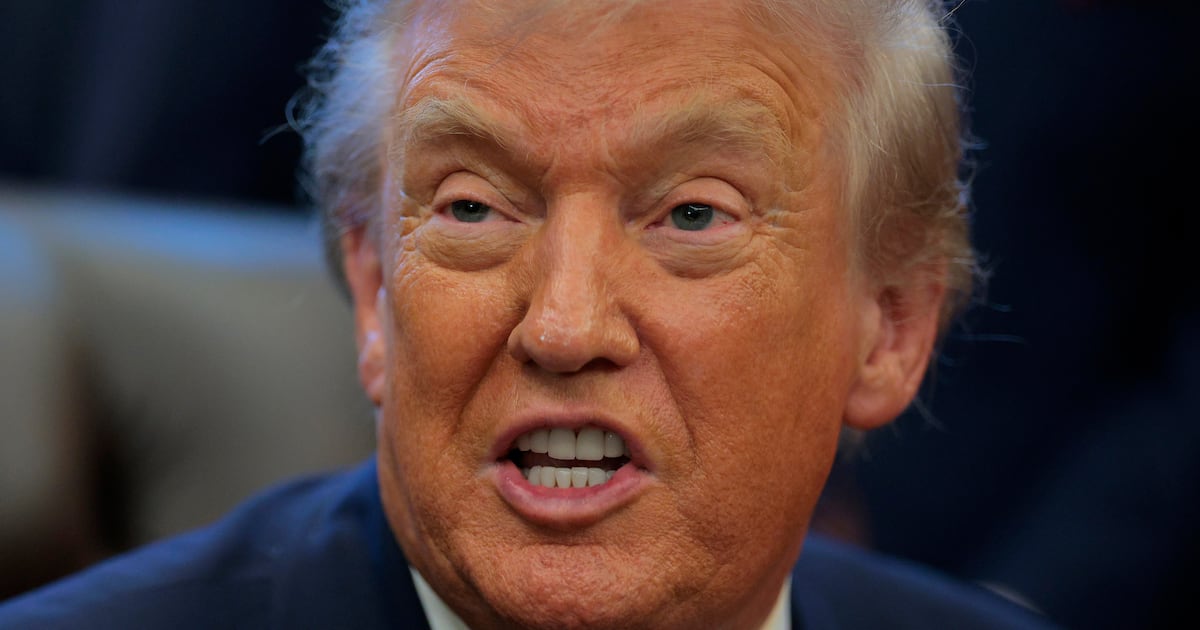A British friend who rented a Chevy Malibu last weak reported that it was "shocking", and not in a good way. The Chevy Volt, once touted as the company's Great Green Future, needs thousands and thousands worth of incentives to move a unit . . . and even at that, is selling so few that they've temporarily shut down the assembly line where they're made. The company's stock price has been stuck in the low twenties for months--which means, for those following along at home, that if the government sold its GM shares today, taxpayers would lock in a $15 billion loss on the money we gave them.
Two years ago, I asked whether GM had gotten its groove back. The Cruze, their "Corolla killer", seemed like a good car. The Buick Enclave looked nice. More importantly, the company had gotten rid of a lot of the legacy costs that had made it literally financially impossible to compete with Honda and Toyota. For any given level of car, GM started off a couple of thousand in the hole: pensions for retired workers, retiree health care, higher wages (including wages for those in the "job bank" who weren't actually working). Especially in small cars, where the profit margins are thinner, there was only one place that money could come from: the quality of the car. Less insulation, cheaper trim, fewer little extras. Which is the answer to the question that President Obama allegedly asked when he sat down with the auto task force: "Why can't they make a Corolla?"
Mickey Kaus made fun of me for that article, saying I'd been taken in, like many reporters before me, by GM's promises of change. Last year I revisited the question a bit, with no firm conclusions except one:
Unfortunately, corporate culture is a sort of black box; from the outside, you can’t see what’s going on. You have to wait to see what emerges.
What we can say is that this time, we’re actually going to find out. GM has fixed basically every other problem that anyone could name: Instead of a $2,000-a-car cost disadvantage due in large part to legacy costs such as wages and retiree benefits, it now has a cost advantage. The eight marques that multiplied the overhead and muddied the value propositions of its brands have been streamlined to four. The excess dealerships have been closed.
What’s left is culture. After everything, if GM begins losing market share again, we’ll know that it’s beyond saving. To paraphrase the old joke: “How many experts does it take to turn around a big company? Only one—but the company has to really want to change.”
The jury is still out, of course, but things don't look all that great for the defendant. GM still just seems to be muddling along. They've apparently been sticking to pricing discipline on the Cruze--a welcome sign from a company that has previously been far too reliant on deep discounting and fleet sales which kill resale values. But the result has been a steep decline in sales. The brand is still damaged. And the company overall still depends a lot on trucks, fleet sales, and discounting--three questionable sources of revenue that got them into trouble in the past. And while their market share briefly moved back above 20% in the wake of the Fukishima disaster, it's back down to 18% in 2012.
To be sure, GM is better positioned to handle the decline, having shed dealers and workers and retiree health costs. But that's hardly a rousing endorsement of either the company, or the bailout.
Conservatives will blame the union, and to be sure, those costs would have been cut more deeply if the government had not interfered. Liberals will blame management, and of course, they are the people who brought us the too-expensive Volt, and other Greatest Non-Hits of the GM lineup.
But if the company fails again, I think that both of these places miss the point: it is the company, not the union or management, that isn't working. It went into 2008 with a damaged brand, a history of poor labor relations, and a thousand other problems. There may simply have been no way to make the company over into something that could once again be a world-class competitor.





